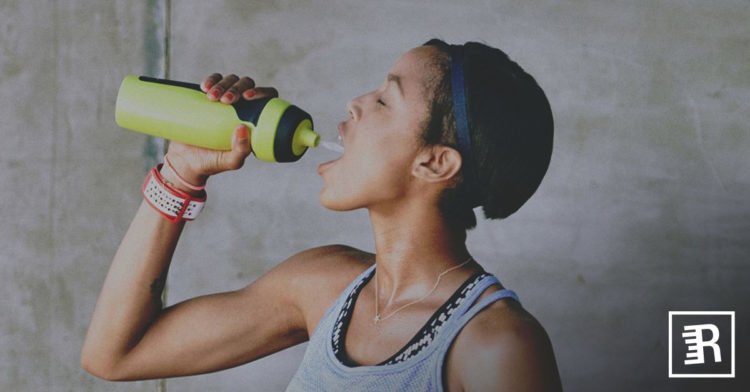There are many myths floating around concerning hydration, but how can you decide truth versus myth?
We have compiled the greatest myths about hydration for you to discover the facts about keeping hydrated.
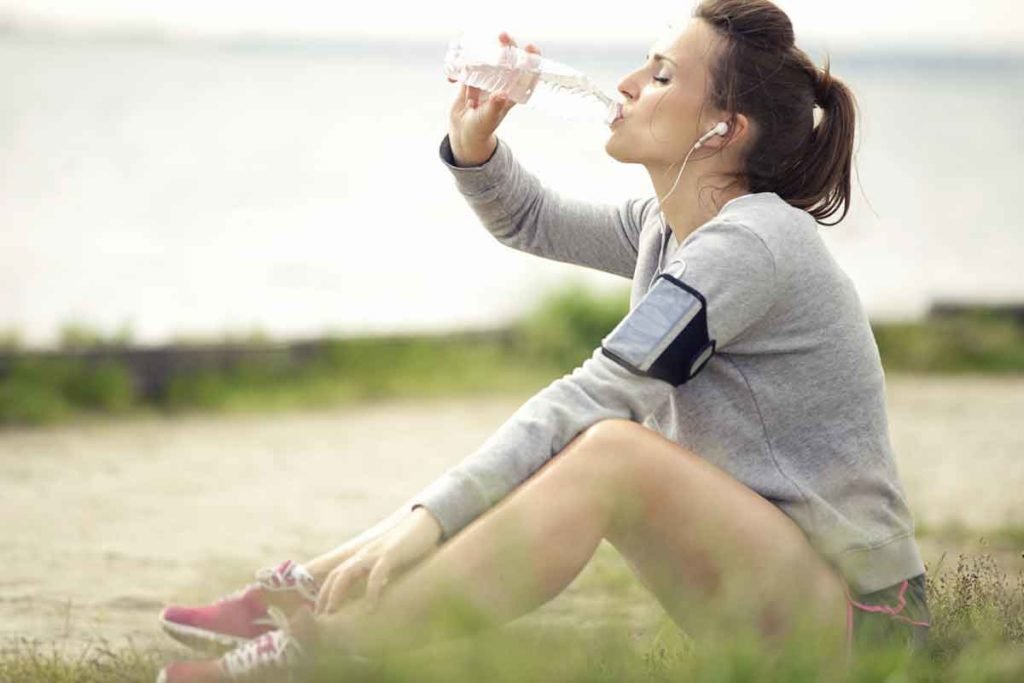
Myth One
Eight Cups a Day Keeps You Well At Bay
A myth that has long since been floating around, is eight cups a day of water will keep you in the clear from dehydration. Research debunked this myth long ago by revealing the necessity for you to know your own water limit.
Water is in more things than you may realize. Water is within fruits, vegetables, coffee, tea, and even beer. It is in the food you eat every day, and it adds up to the water amount your body needs. Drinking extra water than what your body needs is unnecessary, and a widespread idea that has no conclusive results.
Professor Tom Sanders from the Natural Hydration Council, revealed that between 2 and 2.5 litres a day for women and 2 litres for men is about the amount of water you should be intaking a day, but that does not mean solely drinking water. Your body will be fueled well enough with the water within your food and in your morning coffee. There is simply no sound advice in eight cups a day, which means you have the power to determine the amount of water your body needs.

Myth Two
Too Much, Too Little
In the early 20th century, sports medicine specialists believed that having barely any water was the key to a successful race. As the century moved towards the end of its time, specialists came to the conclusion that a runner should have an exorbitant amount of water. A chaos of loss with runners drinking too much water became a major concern, which is why the idea of hydration shifted in the 21st century. Today's specialists now advise you to monitor your own water intake.
Too much water could potentially leave you feeling sick and your systems overwhelmed. Your kidneys process your water intake, but with too much water it can overwhelm your system. Hyponatremia is an issue among high-intensity runners that were previously told to drink more water than their systems could handle.
The lesson learned from previous runners, is to be aware of your own water intake. Too little will leave you dehydrated and underperforming, while too much will overwhelm your body and cause mental confusion. Be aware of what your body needs and how much water you should be drinking.
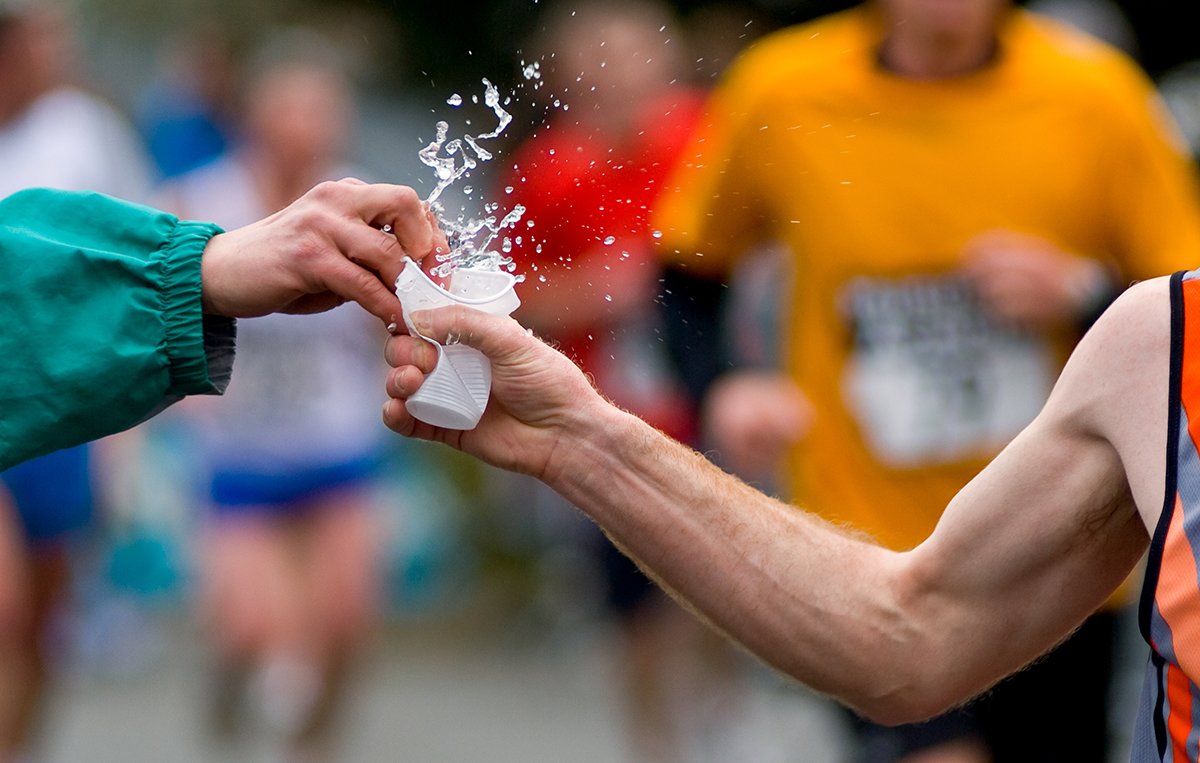
Myth Three
Sports Drinks Work Just as Well as Water
Sports drinks may not hydrate you as well as you may think. With an excess of sugar, it can be hard to give your body the nutrients it needs to keep up your daily workout. Beyond the marketing of sports drinks, the product is designed to reboot your electrolytes to maintain stamina during a workout.
For any workout that is under an hour, water should hydrate you well enough. For high-intensity workouts, sports drinks may help. However, sports drinks do not work as well as water in terms of hydration. Your body is over 80% water, which means it needs water to keep fueled.
Next time you purchase a sports drink, be sure to check the sugar amount. The more sugars involved in your drink, the more potential you have to get fatigued during your run. It is suggested to check for high levels of potassium and sodium, which refuel your body better to keep up on long runs. Another way to refuel is to eat bananas and applesauce, which are a good source for carbohydrates and and electrolytes. Overall, sports drinks do not work nearly as well as water. If you can avoid the unnecessary sugars, then consider drinking water and supplementing your run with the right foods to refuel your body.
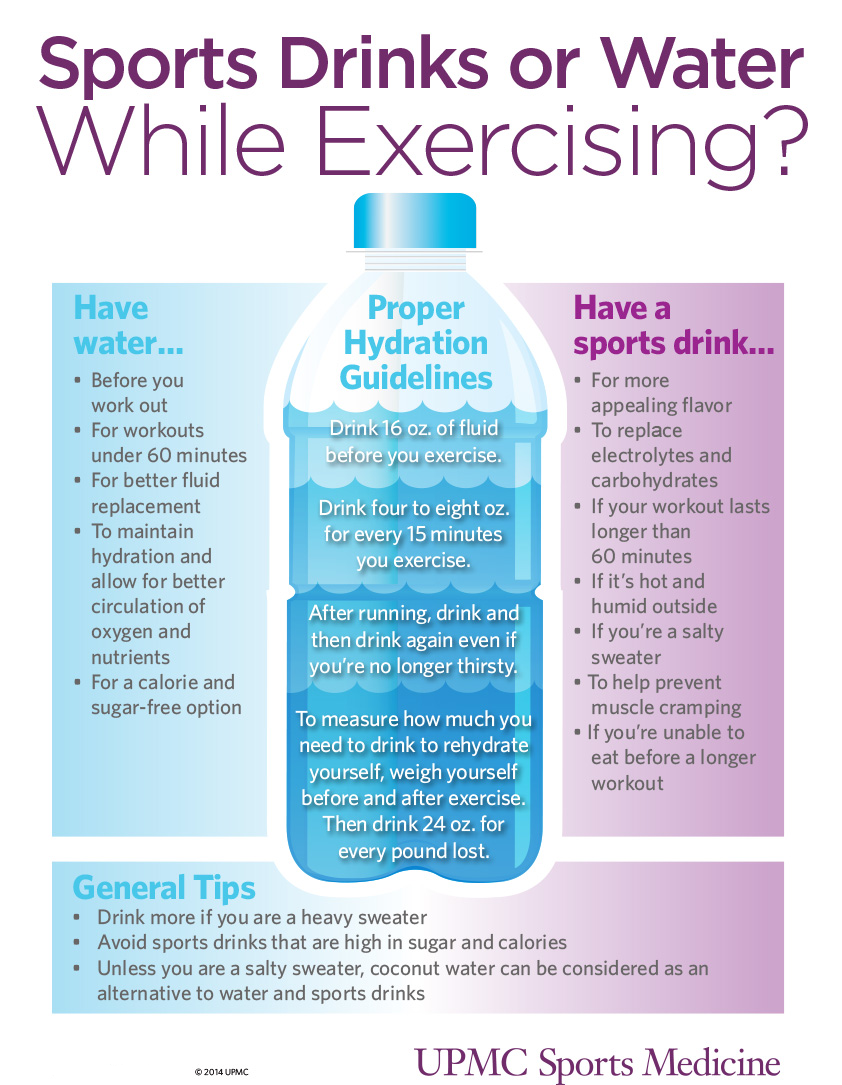
Myth Four
Drink as Much Water as Possible Before a Race
As mentioned before, hyponatremia is a serious problem, especially among marathon runners. Drinking water before a race will only cause you to feel more sick and potentially mentally confused. It is good to drink water an hour before the race, and have little increments of water about every twenty minutes during a race. Small increments of water during the intensity of a race can help you finish stronger and recover faster.
If you drink too much water before a race, you will just be dashing off to the bathroom instead of the finish line. Your body pushes out any water intake that it does not need, which means too much water is not helping fuel your body. By drinking a little bit before, during, and after your race, your body will be feeling a lot healthier.
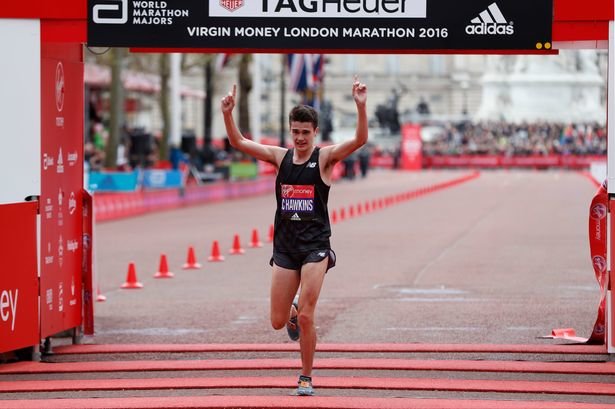
Myth Five
Lemon Is the Only Way to Detoxify
There is a lot of hype around adding lemons and other fruits to your water to detoxify your body. In reality, all you need is water to help your kidneys flush out your system and provide your body with the nutrients it needs. Water alone can push your system clear of any unwanted contents, which will have your system feeling better before and after a race.
According to Dr. Axe, salt is also another way to detoxify your body. Salt triggers your body's natural system to detoxify and eliminate waste within your system. Not only can it help with running, it can decrease inflammation within your stomach and give you a clear system to hydrate.
Water is all you really need for optimal health as a runner, but adding other nutrients may convince you to drink water more often. By including more fruits and vegetables into your meals, your body can detoxify and reboot itself to give you a cleansed system that will lead you to healthier state of being.
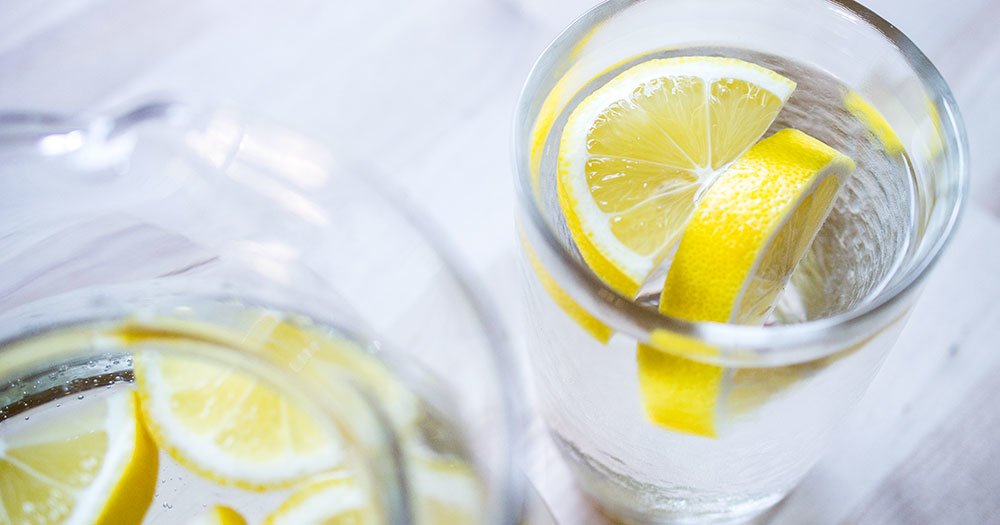
Myth Six
Caffeine Dehydrates
For the relief of those who have a cup of coffee with every sunrise, caffeine does not strip your body of hydration. In fact, sometimes it even helps. NPR delved into the research that reveals caffeine has little to no effect on your level of hydration. Caffeine can even help with memory and boost your energy, and only has potential for a diuretic effect on those who consume a large amount of caffeine.
Some note the need to use the restroom after drinking coffee or tea, but water has the same effect. Your body pushes out the liquid it does not need, which will naturally send you looking for the nearest restroom. Overall, caffeine does not directly dehydrate, which is great news for those who need that extra boost every day.
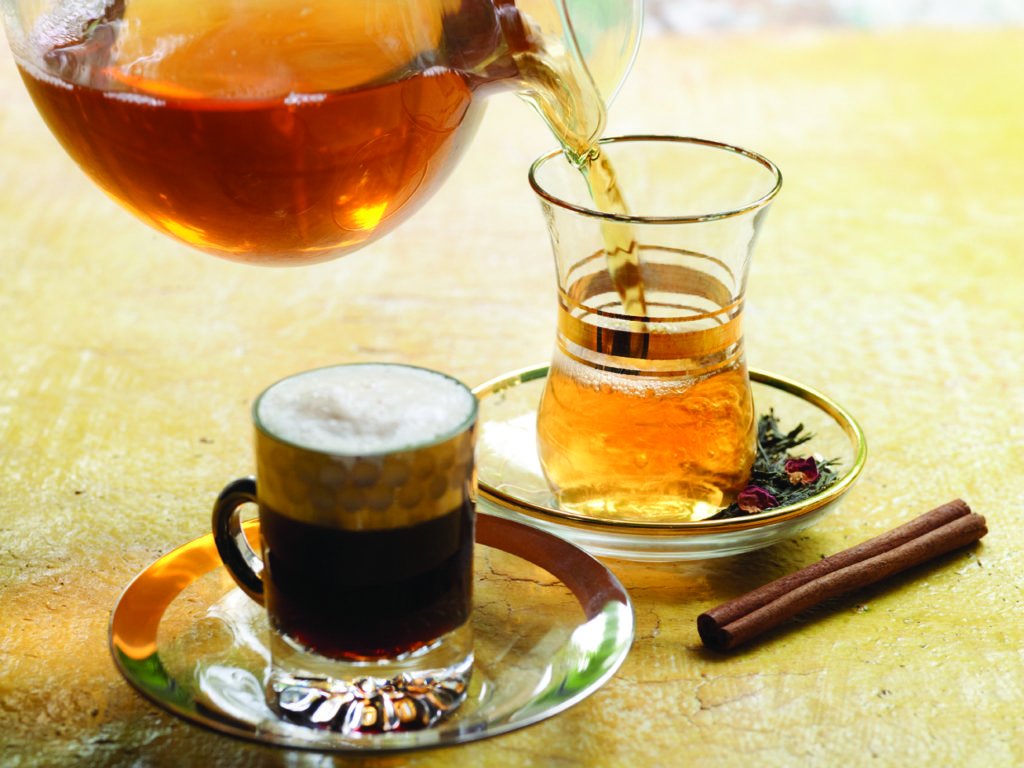
Myth Seven
The Color Determines Your Fate
The color of your urine is influenced by many factors. It could be something you ate, the supplements you take, or it could be lack of hydration. A lighter color, ranging from clear to a light straw color is better than a darker color. Colors ranging from amber to dark brown means you are in the danger zone for dehydration. However, the color of your urine does not directly confirm your balance of hydration.
The British Medical Journal confirmed that urine color is not a consistent way to determine dehydration, which means it is up to you to determine when you are dehydrated. Be aware of the signs of dehydration, and know that the color of your urine does not determine your fate.

Myth Eight
Thirst Means You're Already Dehydrated
Has thirst come upon you? Than drink water. Your body may be alerting you to drink water for the purpose of preventing dehydration. When you are hungry, it signals your body's need for food, and the same goes for thirst. Dehydration is your body losing more fluids than it is taking in. By being aware of your body signaling you to drink water, you can prevent dehydration from happening.
Thirst can also be effected by heat conditions. When running in higher temperatures or humid weather, it can effect your need for hydration. By intaking water at regular intervals during your run, your body will be able to maintain the nutrients and hydration it needs to keep up and avoid dehydration.


